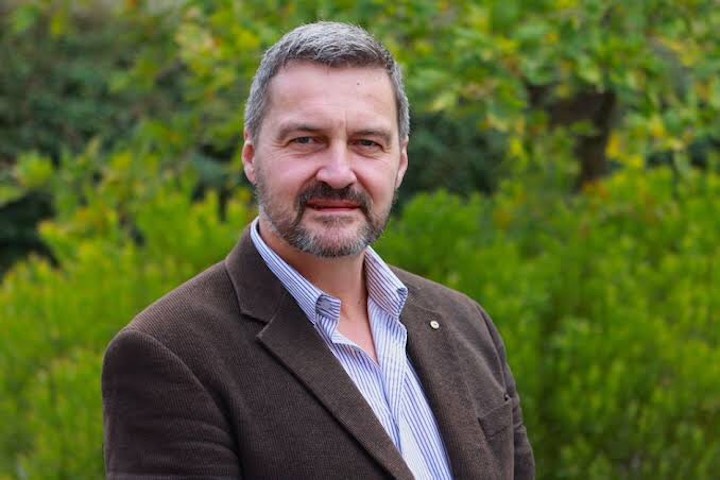
Denmark – the global leader
Although still a teenager discovering his own sexuality, Copenhagen-educated Jesper, 37 remembers clearly the moment when the first same-sex couple were officially recognised.
I remember the images of the wedding. I remember these two guys, with all the news cameras around them, standing in suits on the steps of Copenhagen’s town hall, then riding off on a horse and carriage together. I just thought they were very brave, said Jesper.
I was very young and confused but then I saw two grown men stand for all the world to see. What I didn’t know at the time, was that they had fought for that moment since the Second World War. They were the whole engine behind this movement, for this to happen.
Axel Lundahl-Madsen and Eigil Eskildsen, together with friends, founded Denmark’s first gay activist group, Forbundet af 1948, after being inspired by the Declaration of Human Rights.
After 41 years of activism, in October 1989 Axel and Eigil, along with 10 other couples, were married by Copenhagen’s Deputy Mayor, Tom Ahlberg.
The Danish Parliament passed a registered partnership Bill on June 7 1989, with the couples timing their marriage for the day the law took effect. Denmark was the first country in the world to approve same-sex couple recognition.
Twenty years on, October 1 1989 is a defining moment for gay equality.
I think it was a seminal moment. Denmark was so far out that a lot of people and other countries were shocked. It didn’t start the snowball straight away. But someone has to be the first and it was a very important thing to do, said Jesper.
In recent years there has been discussion on extending the legislation to gender-neutral marriage.
Representatives from the Socialist People’s Party have presented Bills to Parliament but to no avail.
The former prime minister, Anders Fogh Rasmussen, has spoken in favour of same-sex marriage, but ultimately he was unable to persuade his liberal-conservative government to pursue the issue.
Seven members of Rasmussen’s government, however, broke ranks to vote in favour of gay adoption in March this year. The final vote was 62 in favour with 53 against and 64 absentees.
I think it’s great that if you grow up with your partner’s baby you can adopt. Society is slowly realising a family doesn’t have to be mum and dad and two kids, said Jesper.
Jesper describes a Danish culture as very laid back.
I wouldn’t say we’re the most tolerant people, but we are very laid back. We can make fun of our religion for example. The Danish humour is making fun of yourself. What people do behind their bedroom doors is OK. We don’t make judgements, he said.
Jesper, who runs his own catering company, came to Sydney to settle in 2001.
I love all the cultural things going on, from the small grass root theatres all the way to the -˜Danish’ Opera House, which is an icon for me, he told Sydney Star Observer.
I grew up watching the fireworks at the Opera House because they were the start of New Years Eve in Denmark. Right after the Queen’s speech is the Sydney fireworks with the beautiful Opera House in the background. I always thought -˜Wow, I’d always like to be there’.










yes Denmark has slipped behind in recent years in advancing gay rights (more acurately been overtaken) but there are now moves for Gay Marriage as next step after civil unions. Many EU countries are moving in this diirection. Australia needs to make the changes as we have nothing to fear and conservative countries like Spain and UK are out front on equality. PS all Danes I know are horrified by the the attacks on Out Games by extremists. The Police and authorites in my experience act fast to crack down on such hate crimes in DK.
The idea that Denmark is a “global leader” in LGBT rights is quite misleading. In terms of legal rights, Denmark is behind several other countries, considering that same-sex marriage is not legal there. Its neighbours Norway and Sweden both allow same-sex marriage, as do Belgium, the Netherlands, Spain, Canada and South Africa. Furthermore, at World Outgames currently being held in Copenhagen, two significant hate crimes incidents have taken place. While it is true that Denmark is among the more progressive countries in the world when it comes to LGBT equality, I think it has lost its title as “the global leader”.